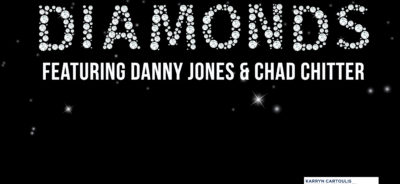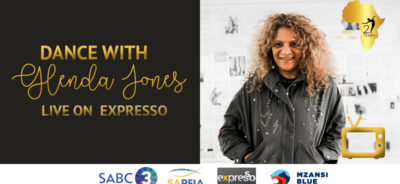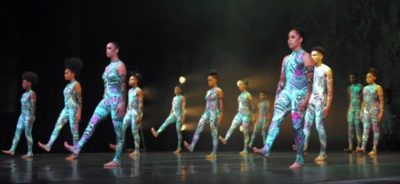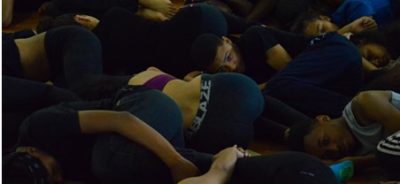Glenda’s Story
The justification for using my mother’s story is based on the outcomes of how Glenda Jones, an ‘untrained’ dancer, pursued a career in dance. I believe that Glenda’s story reflects the constraints and the deep-seated inequalities as created by the apartheid regime in proletarianising people of colour.
It was Glenda’s dream to study dance. The University of Cape Town (UCT) was the only institution in the Western Cape that offered a dance degree course. According to Clive Witbooi, Regional Chairperson of the South African Democratic Teachers Union (SADTU), the apartheid regime only allowed students of colour to study a subject at UCT that all other universities for students of colour did not offer. It was not that simple though. The Extension of The University Education Act, Act 45 of 1959 made it a criminal offence for non-white students to register at UCT without special permission from the Minister of Internal Affairs. This Act decreed that Black, Coloured and Indian students wishing to study at UCT had to sign a special permit with the Minister of Internal Affairs, to enter the gates of UCT.
The signing of a permit, Witbooi states, “was one more apartheid strategy that rendered people of colour subordinate to white domination.” The costs of university fees alone immediately eliminated the majority of impoverished people of colour from attending a university like UCT. Given her family’s dire financial constraints, Glenda was only able to study at a college that offered bursaries. In 1977, she received a bursary at Bellville Onderwys Kollege (BOK), a college that was designated for coloureds only. During her first year at BOK, with the exception of English as a subject, she received all her tuition in Afrikaans. In 1978 she transferred to Hewat Training College in Athlone – another teacher training college designated for coloured people only.
Glenda’s major subject was Physical Education, which included gymnastics and athletics. In 1979, she graduated with a Primary Teachers Diploma (PTD). In 1980, she was appointed as the Physical Education teacher at Harold Cressy High School (a school for coloured people only) in Cape Town. In 1995, Glenda did a fourth year at Cape Town College of Education, a former whites only college. She then graduated with a Higher Diploma of Education (HDE).
Despite not having professional dance training, Glenda’s non-stop dedication to developing, as she calls it, “dance for the other child” was recognised by many institutions who acknowledged her contribution to changing lives. In 1984 she was elected as the Cultural Coordinator of Western Province Senior Schools Sports Union (WPSSSU) an anti-apartheid organisation that worked tirelessly at restoring what was lost or not developed through apartheid. In 1988, she was elected as head choreographer for the SACOS (South African Council on Sport) anti-apartheid dance gymnastrada. One thousand students, selected from schools throughout the Western Cape, performed a dance gymnastrada at Athlone Stadium, that expressed “no normal sport in an abnormal society”, a phrase coined by the late Hassen Howa who believed that all apartheid sport be isolated and boycotted. In 2001, Glenda was employed as the National Dance coordinator for loveLife: South Africa’s National HIV Prevention Program for Youth, where she established an Ultimate Dance Programme that was implemented nationally.
Other institutions where Glenda taught Dance included, The International School of Cape Town, Cape Town College of Education and Peninsula Technicon. The success she achieved as an ‘untrained’ dancer inspired her to take up the gauntlet of starting a dance company. In 1999, she created the Afrika Ablaze Transformation Through Dance Company specifically for disadvantaged children, whose circumstances of abject poverty and social injustices, beyond their control, prevented them from experiencing not only the joy of dance but from living a brilliant and intensified life. In the manual, loveLife Ultimate Dance!, it states that within one year of its existence Afrika Ablaze was sponsored to perform at the National Grahamstown Festival (2000) and in 2001 they were selected by Ahmed Kathrada to honour Nelson Mandela at the opening of the Gateway to Robben Island. In 2016, Glenda was recognised as a Legend by Sport 4 Life and was nominated as one of South Africa’s Heroes by the national television station, ETV.
Glenda’s story has not only inspired many dancers to follow their dreams but it has specifically fuelled my passion to empower and highlight the ‘untrained’ body as a creative and innovative body – a body that deserves to be elevated and valued.
~ Danny Jones








